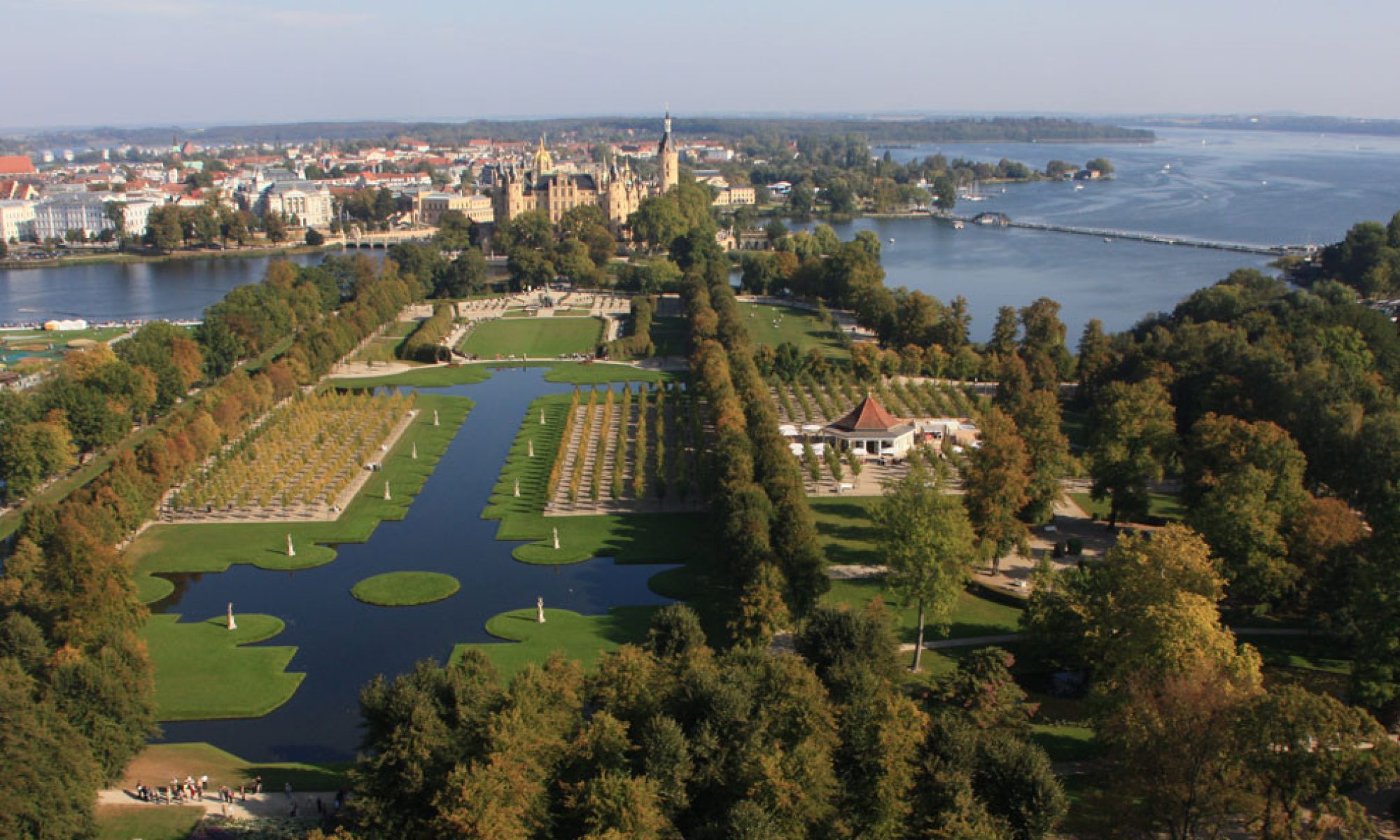In this project we will develop a new and innovative approach to teaching and training basic digital skills for the target group of older adults.
In our project consortium, consisting of 10 organizations from 8 different EU countries, we will realize this in different steps and with the following results:
1. Game-based assessment of digital competencies
We will develop and conduct a game-based assessment. The competency areas examined in this phase are based on the “European Framework of Digital Competencies of Citizens” (DigComp). Our focus is on the competence areas “search and evaluation of data and information”, “security” and “problem solving”. The results of our assessment will impact the content of the learning modules we create as part of the second project deliverable. As a result, the deployment of the learning modules will achieve much better results as their design is tailored to the specific needs of the target group.
2. Gamebased blended learning
Based on the three competence areas of the DigComp we will design a board game that will lead the players on a predefined learning path. We will start the game completely analog and gradually integrate online content (blended learning). The game will be designed for small groups (4 – 6 players) so that there is competition, but also the opportunity for collaboration and mutual help. We will design increasing difficulty levels with different help mechanisms to keep players engaged when a particular challenge is too difficult.
3. Guidelines for implementation and further development
With the creation of a guideline, we want to enable the transferability, of the methods developed and tested in the project, to other areas of adult education. The implicit advantages of game-based learning – especially for the target group of older adults – are explained and illustrated by examples.
Our project partners:
Ilmiofuturo (Italy), Belgrade City Library (Serbia), Decroly (Spain), CIAPE (Italy), Konya Provincial National Education Directorate (Türkey), ALTUM (Latvia), Jožef Stefan Institute (Slovenia), Laois & Offaly Education and Training Board (Ireland), Jugendkunst e.V. (Germany)
This project has been funded with support from the European Commission. This website reflects the views only of the project partners, and the Commission cannot be held responsible for any use which may be made of the information contained therein.


